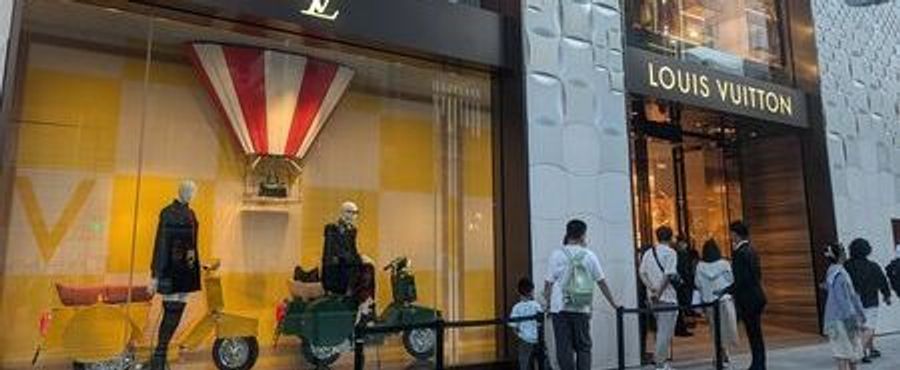According to the Japanese news sources, there's been a notable decrease in the dramatic buying sprees, or "bakugai", typically performed by Chinese tourists in Japan. While these fervent shopping experiences have long contributed to Japan's retail economy, a decline has been observed recently. Possible reasons behind the change include China's economic fluctuations, shifts in consumer behavior, or stricter tourism and tax regulations.
The consumption fervor by Chinese tourists, famously known as "bakugai", has been a significant contribution to Japan's economy. Japanese businesses, especially the retail sector, have been capitalizing on this trend. As such, any noticeable changes in these behaviors can potentially impact businesses and the wider economy.
In the US or EU, a similar shopping spree phenomenon happens when tourists from Asian or Middle Eastern countries, especially China, visit luxury stores. However, unlike Japan, these regions haven't reported any notable decline. A decrease could potentially signify broader economic issues or shifts in inbound tourism trends.

